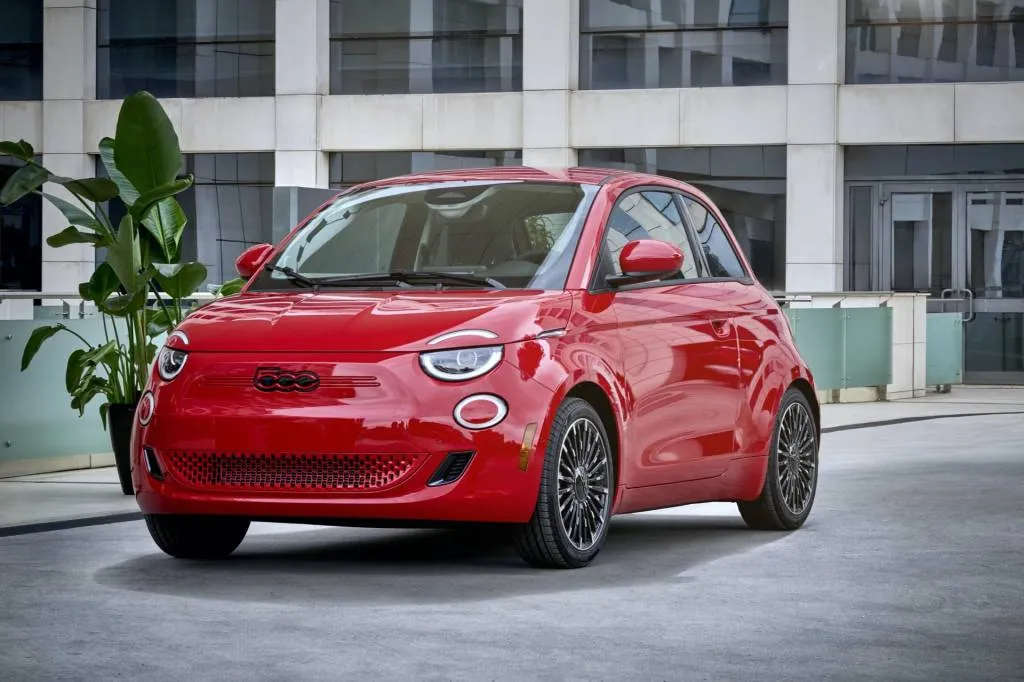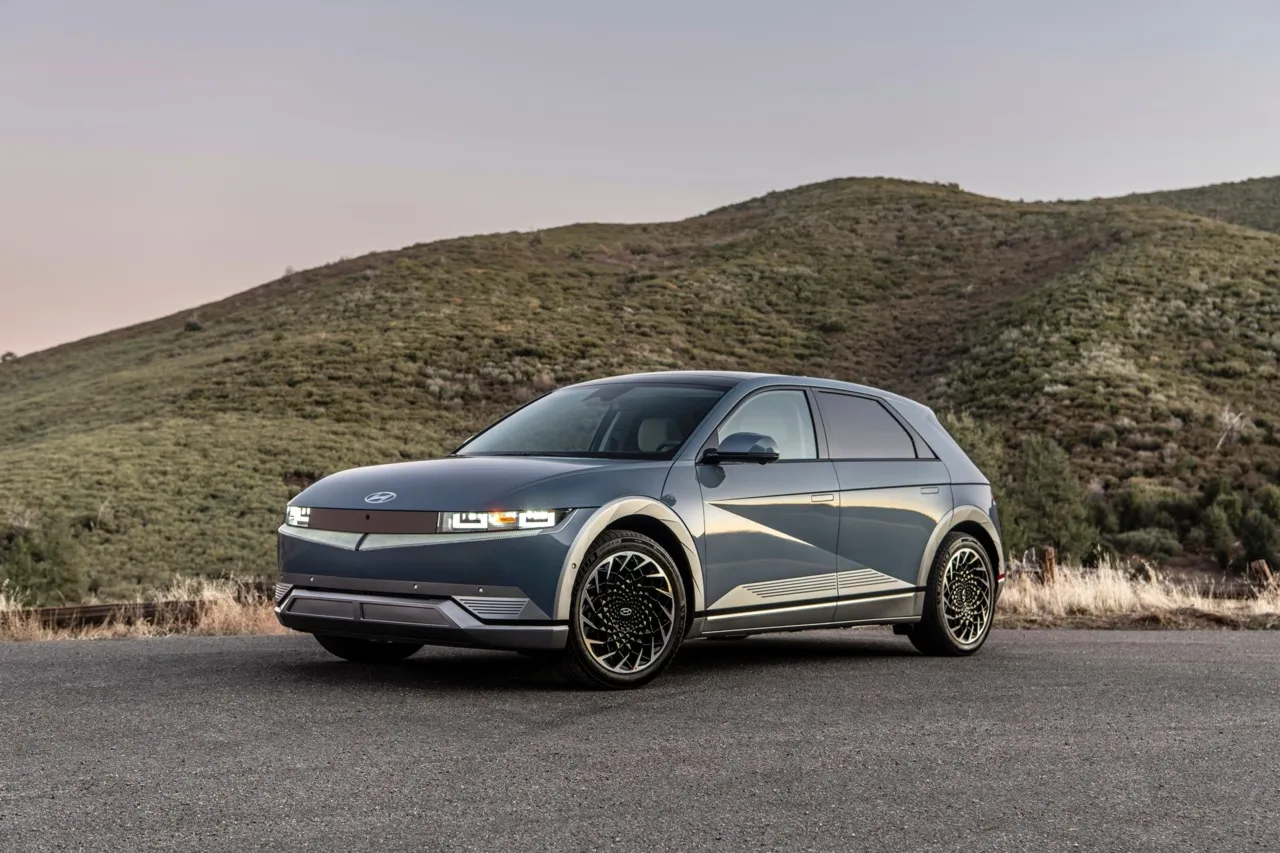EV sales will reach 8.0% of the total U.S. new vehicle market this month, S&P Global Mobility has predicted.
The market share of EVs won’t increase dramatically over the previous month, as automakers, dealers, and consumers digest new federal tax credit rules brought on by the Inflation Reduction Act (IRA) that went into effect with the start of the year, analysts anticipated.
S&P expects this uncertainty to be a temporary speed bump to EV sales; in late 2023 it declared that it was doubling its U.S. EV sales forecast for 2030 due to the anticipated positive impact of IRA provisions.
2024 Honda Prologue
Analysts predicted steady growth in EV market share over the next few months in part due to the planned introduction of more affordable models like the Chevrolet Equinox EV, Honda Prologue, and Fiat 500.
S&P predicts a 3% increase in overall U.S. new-vehicle sales this year, more evidence that, at least for now, the U.S. gasoline fleet is growing alongside the EV fleet. Analysts didn’t say where that would leave EVs, but Bloomberg analysts earlier this month predicted that EVs could reach 13% market share this year, with sales of up to 1.9 million vehicles.

2024 Fiat 500e
In Europe, EVs now make up 16% of new vehicle sales, according to S&P. That rises to 23% when plug-in hybrids are factored in, and either way is well ahead of the diesel cars that were once the default choice for most European buyers. Diesel’s market share has slipped to 12%, making EVs the second most popular choice behind gasoline cars.
The sales trends in both the U.S. and Europe make a 2023 prediction from the Rocky Mountain Institute (RMI) that EVs will top two-thirds of global sales by 2030 seem a bit more likely. But RMI is still talking about a sixfold increase in EV sales by the end of the decade.
Read the full article here




